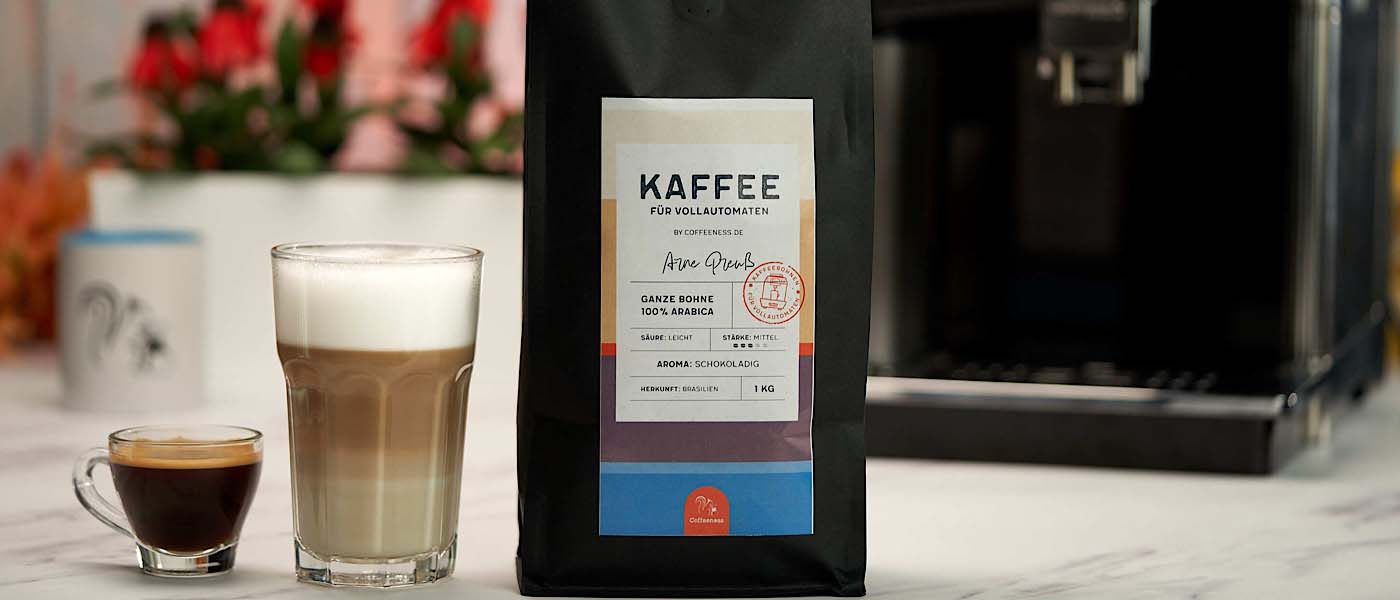the german portal coffeenesstogether with important German roasting companies, talk to us about the challenges of selling coffee online without resorting to marketplaces of coffee.
background
for the german Arne Preuß, professional barista and founder of coffeenessand some reputable German roasters, it does not make sense for a roaster that is considered artisanal and of quality to market its coffee in coffee marketplaces.
For this reason, the first thing they have done has been to get down to work to determine what leads small roasters to leave the sale of their coffee in the hands of large coffee sales platforms. on-line instead of launching their own e-commerce themselves.
arguments
After conducting interviews with small roasters, some of the reasons they have been given have been the online reach (1), the option of sell more and increase your turnover (2), the question of logistics (3) and the possibility that, in the long term, customers buy in your online store (4).
In the opinion of the Germans, the platforms themselves have strategies so that, precisely, points 2 and 4 are difficult to comply with.
Counterarguments
According to Arne and his colleagues, in relation to the argument of increased sales, the large online coffee sales platforms boast that they have small artisan coffee roasters among their sellers, which they do is give them a good reputation and attract customers. other quality roasters to market their products there as well.
In his words, what happens next is that the marketplace uses algorithms so that your own coffee beans appear first or the products with which they obtain higher margins, which supposes a great conflict of interest between the platform and the roasting company.
Likewise, if we take into account the issue of web positioning, since the marketplace has greater authority in the eyes of Google, what ends up happening is that it appears higher in the Google results, while the roaster’s online store is much lower. , with what is users are more likely to end up clicking on the marketplace.
Regarding the argument of attracting customers to their own stores, platforms take control of business relationships with customers, for example, so roasters cannot contact customers themselves.
To this must be added the effect lock-inwhich results in ending up buying where we already have our customer data because it is easier and faster for us.
Tips
The authors suggest that the roaster himself take the initiative and open his online store. For this, training in digital marketing and SEO is vital. Although it sounds Chinese to many people and is unattainable, they affirm that “It’s not that it’s impossible to learn, but you do need to put a lot of time and effort into it”.
For his part, coffeeness follows his own advice and has recently opened his own online store, where he sells your own coffee Developed specifically for super-automatic coffee machines.
conclusions
As they say, to be successful you have to think long term and take good care of your brand. From your point of view, “it only makes sense for a roasting company to market its products on a coffee sales platform if it has no ambitions of its own to sell coffee online or to be found on the internet”.
In their final dissertation, the Germans provide their own arguments for which they consider that we should not fall into the temptation of the marketplaces to sell coffee. We summarize them below but we also facilitate the complete articlewhich complements the information we offer here:
- The goal of marketplaces is sell your own products or those with which they obtain higher margins.
- the marketplace control communications with customers and the algorithms that display the products.
- Roasters that sell their products on marketplaces are seeing reduced visibility on the internet.
- Marketplaces benefit of the presence of small roasters and prestigious names in the world of coffee in them.
- All this favors the dependence of roasters on marketplaces.
